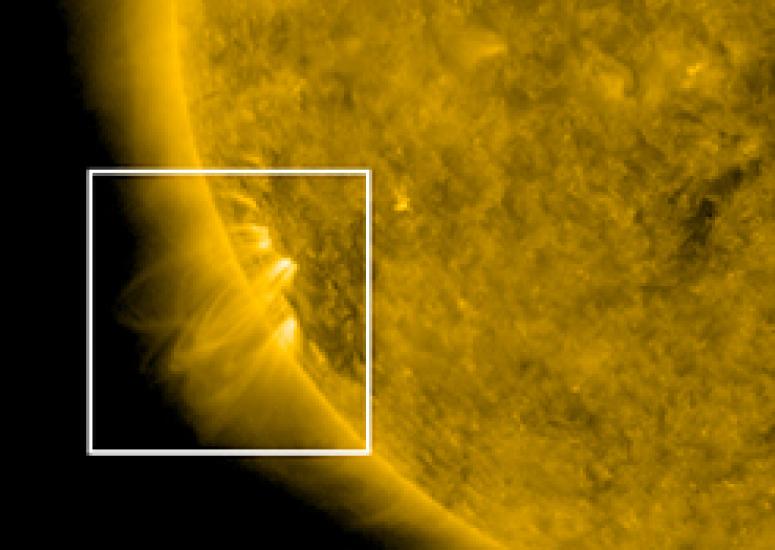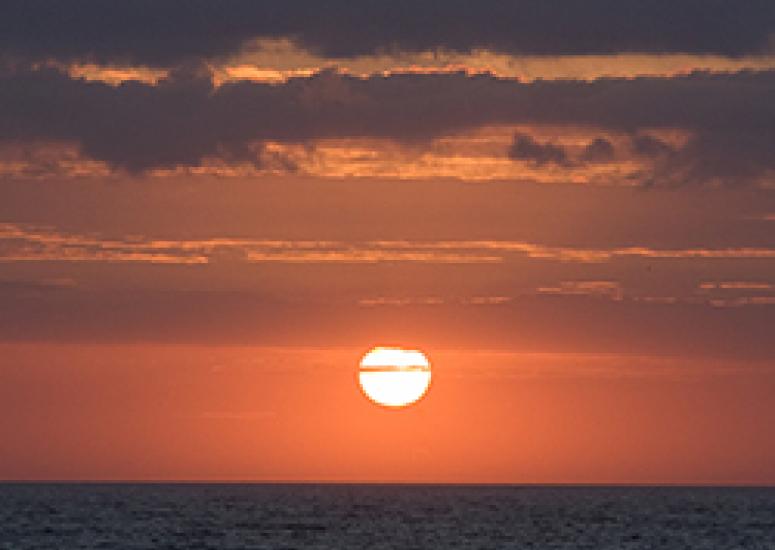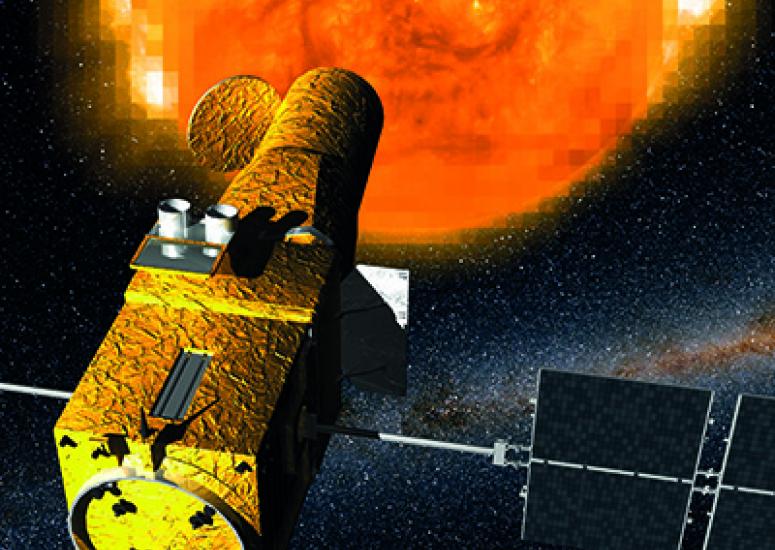-
Tropical triggers for polar stratospheric warmings
A new study from NCAR uses an innovative computer model to investigate events called sudden stratospheric warmings (SSWs) in the Arctic atmosphere. The study focuses on how two atmospheric patterns based in the tropics, the El Niño–Southern Oscillation and Quasi-Biennial Oscillation, affect SSWs.
- Sun + Space Weather
-

Plasma jets are prime suspect in solar mystery
Structures called spicules may explain why the Sun’s corona is much hotter than its surface, according to a new paper in Science.
- Sun + Space Weather
-

Listening to the galaxy
In a bid to unlock longstanding mysteries of the Sun, including the impacts on Earth of its 11-year cycle, a team of scientists from NCAR, France, and Spain has successfully probed a distant star.
- Sun + Space Weather
-

Shrinking atmospheric layer linked to low levels of solar radiation
The new research has implications for satellite orbits.
- Sun + Space Weather
-

Distant star’s sound waves reveal cycle similar to the Sun’s
Scientists have detected "starspots," on the surface of a star using stellar seismology. The technique offers the potential to examine hundreds of stars.
- Sun + Space Weather
